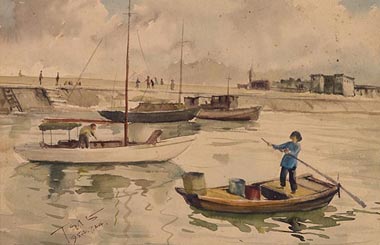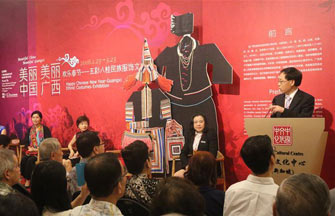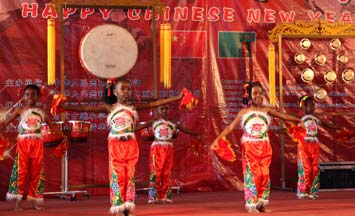Beijing's hutong under pressure
By Hu Yongqi ( China Daily ) Updated: 2016-01-27 07:57:24
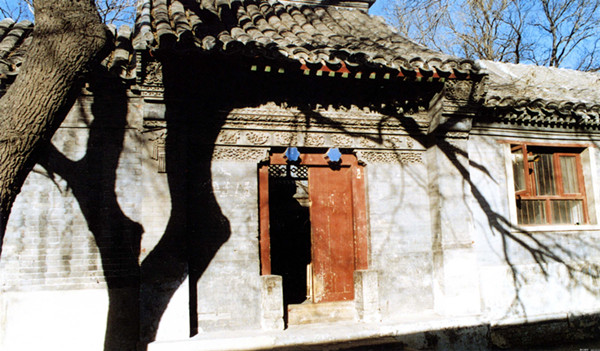 |
|
[File photo] |
Local officials in Beijing vowed to further renovate and protect the city's cultural heritage, in particular the narrow streets or alleys known as hutong, in the downtown area.
In the old districts of Dongcheng and Xicheng, which cover 62 square kilometers, some people will be asked to move from one-story hutong houses to avoid further damage to ancient architecture, said Huang Yan, director of the Beijing Municipal Commission of Urban Planning.
Hutong are commonly found in the cities of North China, but they are at risk. Beijing is currently believed to have fewer than 1,000 hutong, most of which are located near the Forbidden City. Only 60 years ago, the number was 3,250.
Huang said the two districts represent the core area of Beijing, and measures will be imposed to safeguard the historic treasure.
"Dongcheng and Xicheng are where the offices of the country's top leadership are located. Meanwhile, there are plenty of world heritage sites such as the Forbidden City. The importance of protecting all that is self-evident," she said.
"On average more than 100,000 people visit the Forbidden City during the National Day holidays. The visits put pressure on the protection of cultural relics," Huang said, adding that hutong should be renovated and protected from human damage.
Beijing's legislators have scrutinized the enforcement of the regulation on cultural heritage protection, Du Deyin, chairman of the Beijing People's Congress Standing Committee, said in his annual report on Monday.
"The Congress focused on the implementation of protection plans and how the management of cultural heritages worked," Du told deputies.
Wang Shaofeng, head of the Xicheng district government, said the area has 182 cultural relics, many of which were built as far back as the Yuan Dynasty (1271-1368).
Hutong are key for local authorities to safeguard, Wang said.
The densely populated district of Xicheng has 1.28 million residents in its 57 square kilometers of land. "The most efficient way is to decrease the local population to reduce the possibility of causing harm to the heritage," Wang said.
"Each community has been required to report the status of its cultural heritage, especially hutong, and any actions to damage the heritage will be punished," Wang said.
|
|
|
|
|
|
|
|

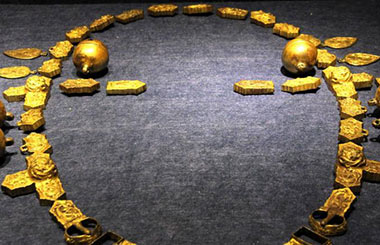




















 Raymond Zhou:
Raymond Zhou: Pauline D Loh:
Pauline D Loh: Hot Pot
Hot Pot Eco China
Eco China China Dream
China Dream China Face
China Face
